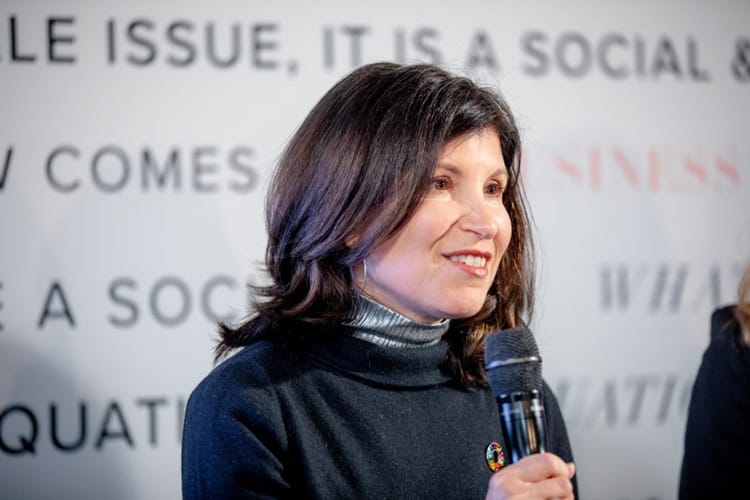Airbus and Boeing ramp up aviation decarbonisation deals

Aircraft makers Airbus and Boeing have both signed (separate) partnerships to accelerate aviation decarbonisation.
Airbus signed two different deals in the past week: today (July 24), the French manufacturer announced an investment in LanzaJet, a US company that produces Sustainable Aviation Fuel (SAF) from low-carbon ethanol.
LanzaJet is about to launch commercial-scale production of ethanol-to-SAF at a plant in the US, which it hopes will serve as a blueprint to scale SAF production. Airbus’ investment aims to support the development of Alcohol-to-Jet (ATJ), one of the pathways explored by the aviation industry to accelerate SAF production.
“Sustainable aviation fuels are one of the most important levers available to decarbonise aviation, but their production is still limited. This important partnership with LanzaJet underlines the importance of new technologies and cross-sector collaboration to achieve net-zero CO2 emissions by 2050," said Julie Kitcher, Chief Sustainability Officer at Airbus.
Just two days ago, the French aircraft maker also signed a partnership with Airports Council International (ACI) World to collaborate on SAF, hydrogen technologies, advanced air mobility, operations efficiency, and aircraft noise management practices.
Boeing supports SAF production from sewage waste
Meanwhile, Boeing has partnered with aviation sustainability investment firm Clear Sky to accelerate SAF production and flight decarbonisation. Their first investment will support Firefly Green Fuels, a UK startup that transforms sewage waste feedstock into SAF through a process using heat and high pressure to convert waste into biocrude oil and biochar.
The company estimates that SAF produced from this feedstock reduces lifecycle CO2 emissions by more than 90% compared to traditional petroleum jet fuel.
Through the partnership, Boeing will also provide training and direction and facilitate testing to accelerate the qualification of this new route to SAF.
“SAF offers the greatest opportunity to decarbonise aviation, and the industry’s collective challenge of bringing it to scale globally requires new sustainable pathways,” said Brian Moran, Boeing’s Chief Sustainability Officer. “Firefly’s technology holds transformative potential as the SAF feedstock, sewage waste, is accessible in all regions of the globe.”
The agreement between Boeing and Clear Sky will also see them cooperate on other decarbonisation solutions, including alternative propulsion, carbon removal and advanced materials and recycling.
SAF still represents only 0.1% of global jet fuel use, though airlines and corporate customers are all trying to support a production ramp-up: in April, the Sustainable Aviation Buyers Alliance (SABA) announced US$200 million worth of sustainable aviation fuel certificate purchase agreements aiming to support the scale-up of clean fuel technologies.







Member discussion